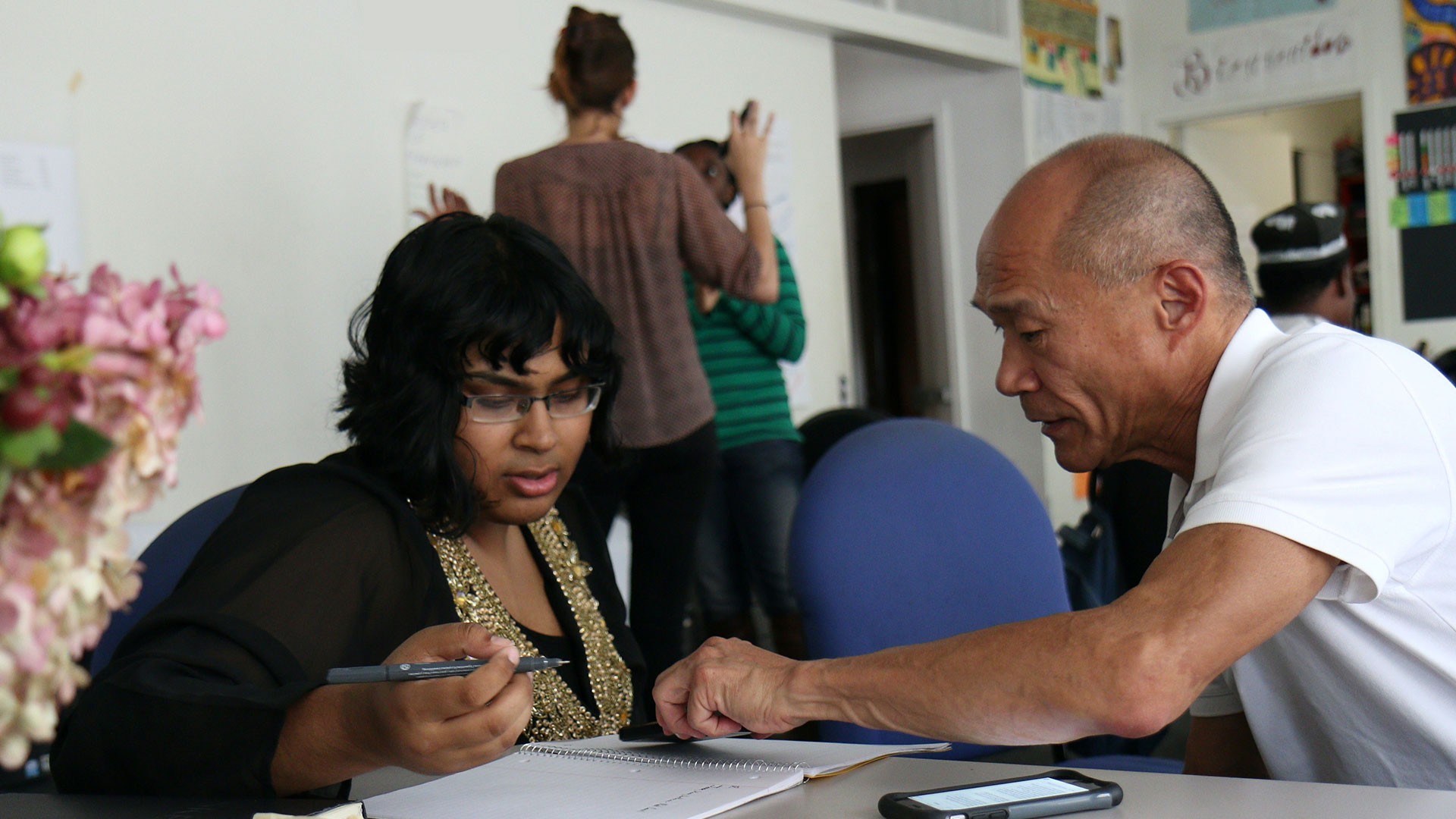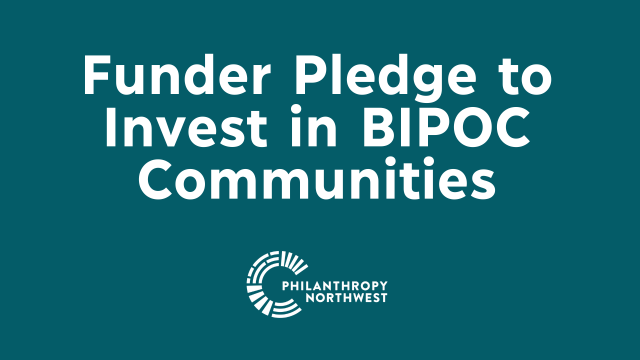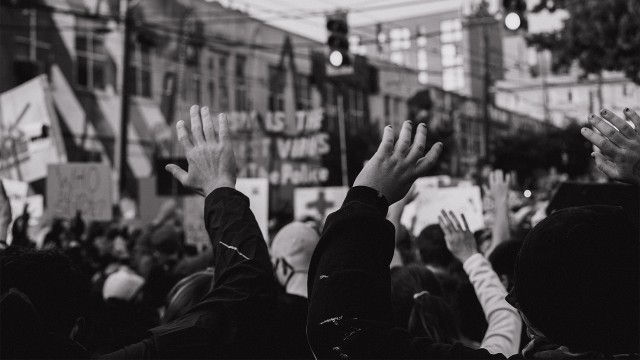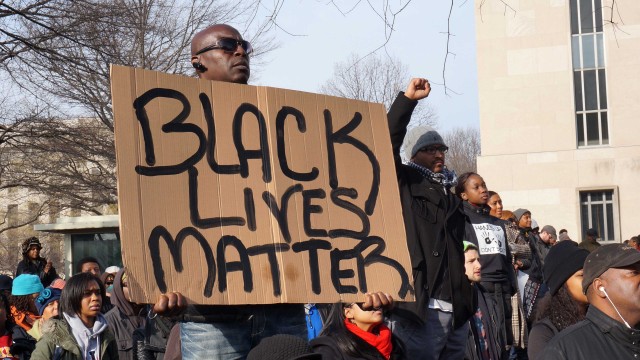
Ananda Valenzuela is co-founder of the BIPOC ED Coalition and interim executive director of RVC, a nonprofit in Seattle’s Rainier Valley promoting social justice by cultivating leaders of color, strengthening organizations led by communicates of color and fostering collaboration among diverse communities.
Sarah Walczyk is executive director of the Satterberg Foundation, which works to strengthen communities by promoting a just society and a sustainable environment.
Why is it the accepted norm that foundations should operate in perpetuity, while nonprofits can’t even get five years of funding?
Since its inception, philanthropy has been based on a decidedly unfair power dynamic. Funders, without connections to the communities they want to serve, decide where, when and how they contribute funding. Meanwhile, Black, Indigenous and People of Color (BIPOC) nonprofit leaders spend an inordinate amount of their time looking for money, filling out onerous applications and trying to fit through other hoops — all time NOT spent serving communities.
As a society, we have been working to address the impacts of inequities without challenging and redesigning the very structures and systems that perpetuate them. Believing in scarcity begets scarcity.
The BIPOC Executive Directors Coalition has united more than 200 nonprofit leaders statewide in solidarity to promote wellness and restore resources in communities. To do this, the BIPOC Coalition is calling in philanthropic partners to reimagine their roles and commit to working with BIPOC-led organizations in more powerful ways.
Imagine the possibilities if we put more wealth into the hands of BIPOC leaders across Washington to work within communities to lead societal transformation. Imagine if BIPOC-led nonprofits had the necessary resources to address community priorities and fill critical gaps in our social infrastructure.
Collectively, we can achieve this vision. It calls for committing to trust-based philanthropy and equitable funding practices. To help move the sector, the BIPOC ED Coalition has challenged funders to sign the pledge to:
- Increase foundations’ annual payout to 10%, instead of sticking to the 5-percent minimum by federal tax code;
- Designate additional funding for BIPOC-led organizations, which historically have been overlooked and under-resourced;
- Provide significant, multiyear general operating funds to support stability; and
- Support BIPOC-led systems change work.
This is not new. Satterberg Foundation has already begun to confront how philanthropy has contributed to inequitable practices and debunk old ways of thinking. Since 1998, they’ve had an annual payout of 10%, so when the call came to sign the pledge, it was an easy next step. Leadership was exploring questions from grantee partners — questions the sector as a whole needs to start answering.
The journey started by looking at the foundation’s internal culture, being honest and recognizing the origins of its wealth. Over time, the staff and board started to peel back the layers, question the white-savior dynamic of philanthropy and realign its approach to be rooted in trust and racial equity.
Leadership came to acknowledge that this is the community’s money, and now are constantly challenging themselves to be better stewards of the community’s assets. It is funders’ primary responsibility to take reparative action and return resources to communities. This has meant taking the following steps to be accountable to the pledge and BIPOC communities:
- To increase funding of BIPOC-led organizations, the foundation is granting an additional $50 million over 10 years to Black- and Indigenous-led and racial justice work on top of its current grantmaking. They also are reviewing their entire grant portfolio and collecting demographic data to ensure they are accountable to their intentions.
- To provide multi-year general operating funds, they are renewing the majority of its 3-year, core support grants for an additional five years.
- To support BIPOC-led systems change work, they are fostering more grantee partnerships with regional and national networks and anchor organizations, place-based groups advancing local interventions for power building and emergent leaders in Black and Indigenous movements.
Together, the Satterberg Foundation and the BIPOC ED Coalition are exploring and redefining what it means to be in relationship with one another. It involves listening to BIPOC leaders, investing in their capacity and helping them connect with other organizations and with funders. Being in authentic relationships inspires trust and inherently creates accountability.
If philanthropy is committed to being curious, learning and doing the work being asked of the sector, then funders and BIPOC leaders should partner more effectively to solve the root causes of injustice and inequity and create a world with shared abundance.
If philanthropic organizations are serious about turning words into action — and we believe many are — they should sign the pledge and share with the public their approaches and investments in BIPOC communities.
The funders committed to equitable philanthropy that already signed this pledge include: Satterberg Foundation, Seattle Foundation, United Way of King County, United Ways of the Pacific Northwest, Washington Women’s Foundation, Sheng-Yen Lu Foundation (SYL Foundation), Blaine & Preciosa Tamaki Foundation, Stolte Family Foundation


